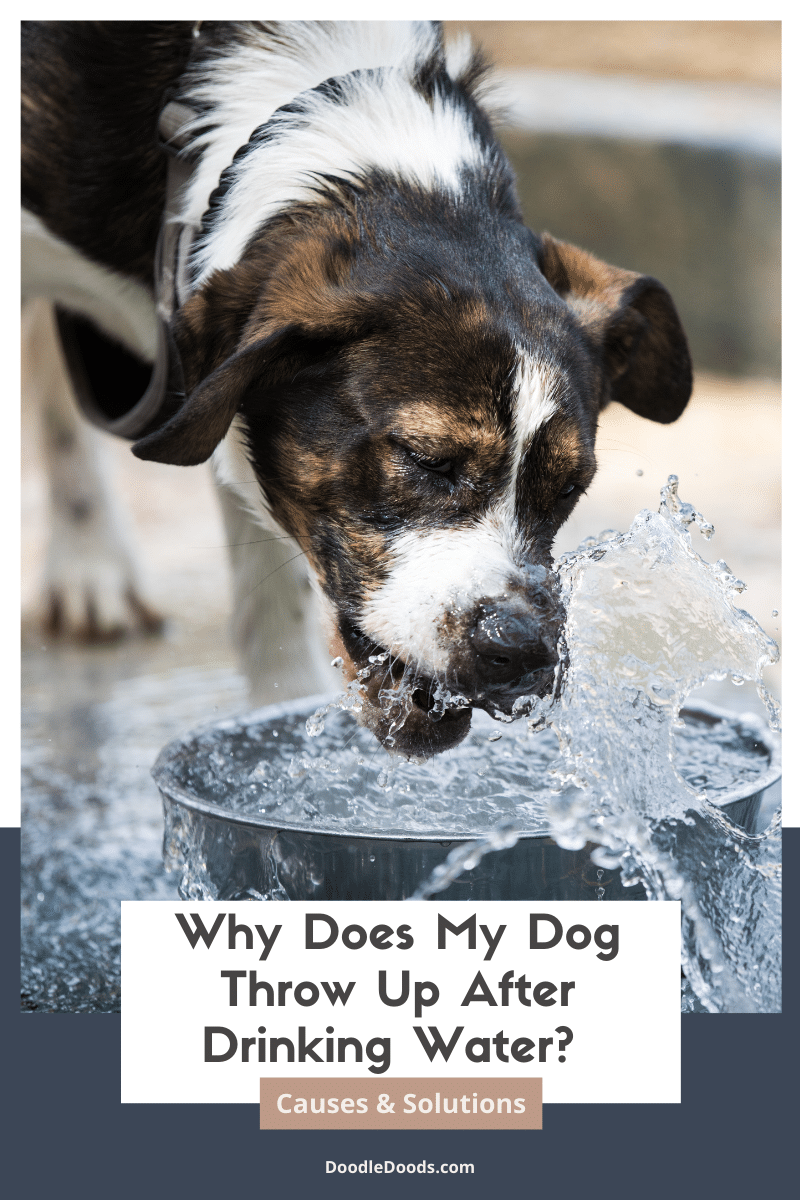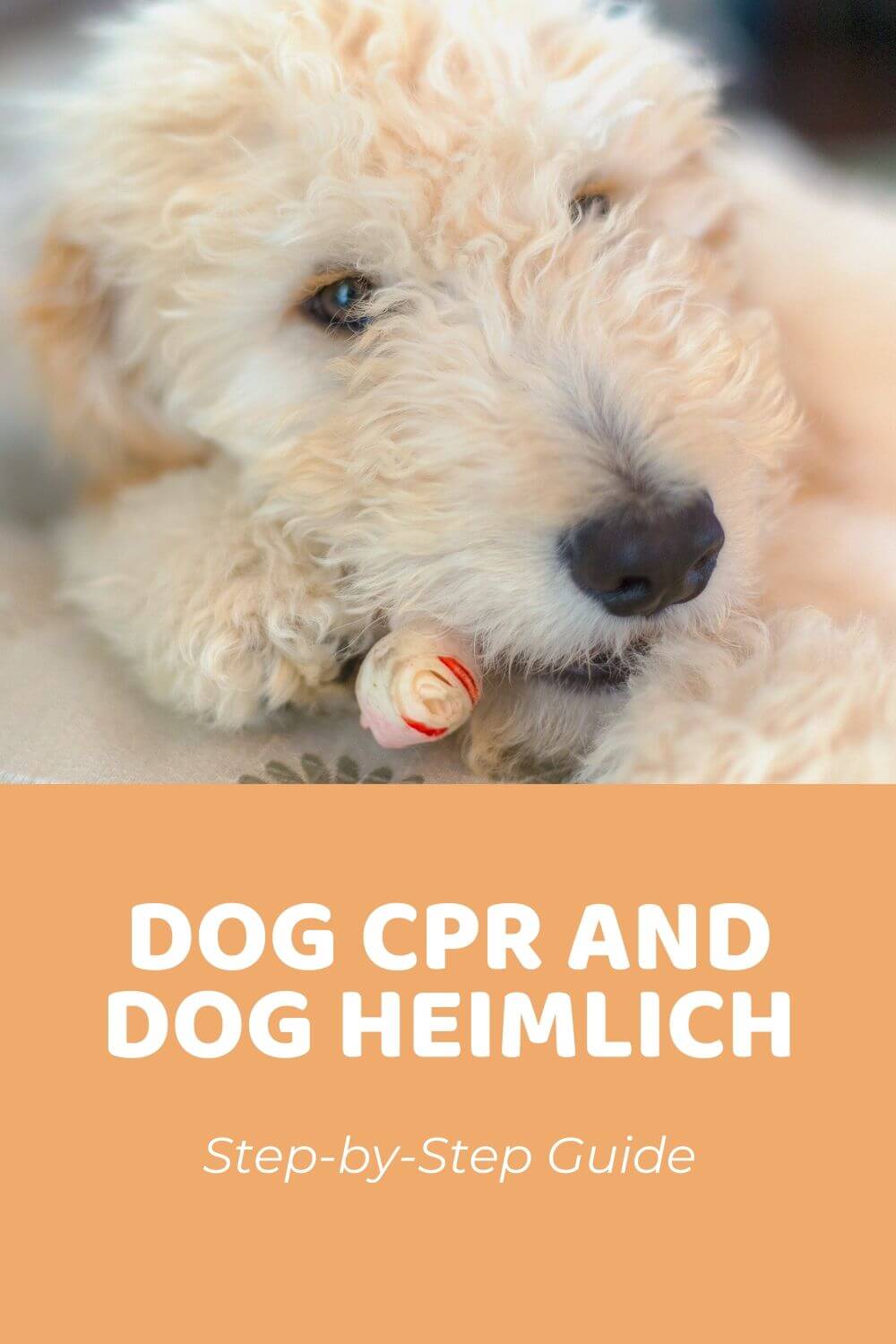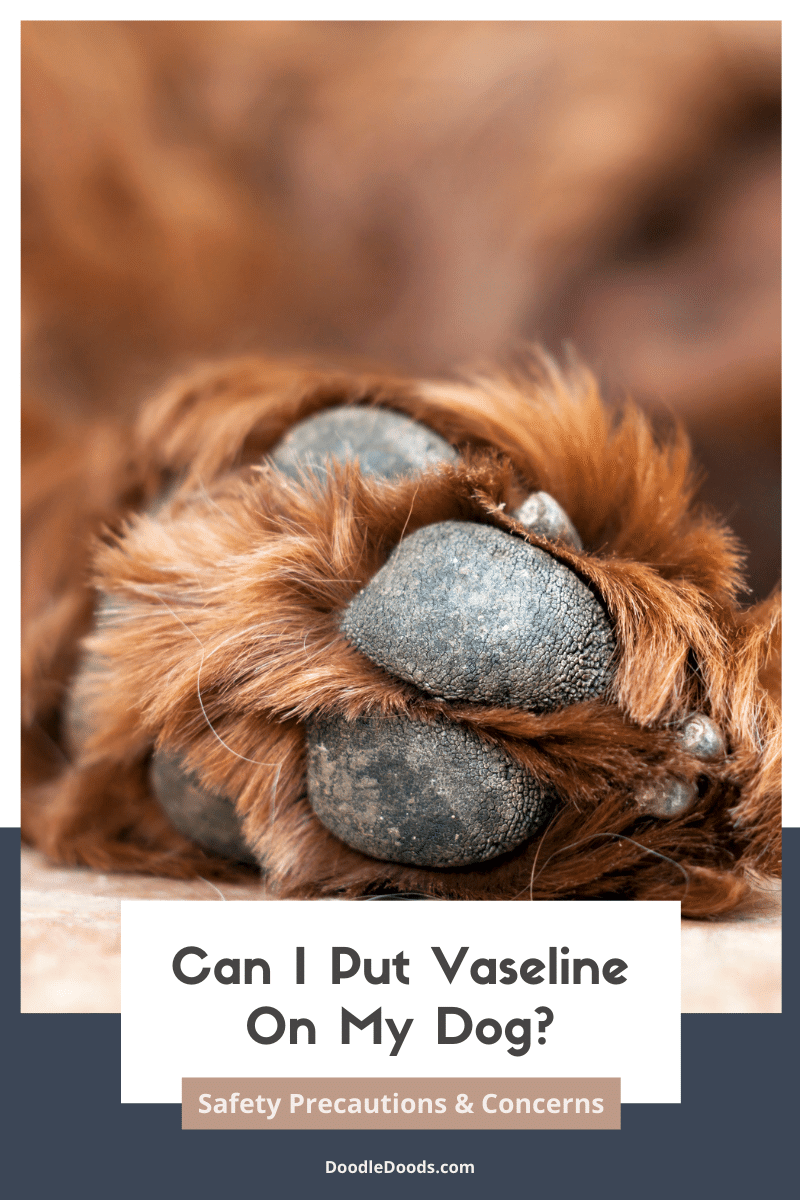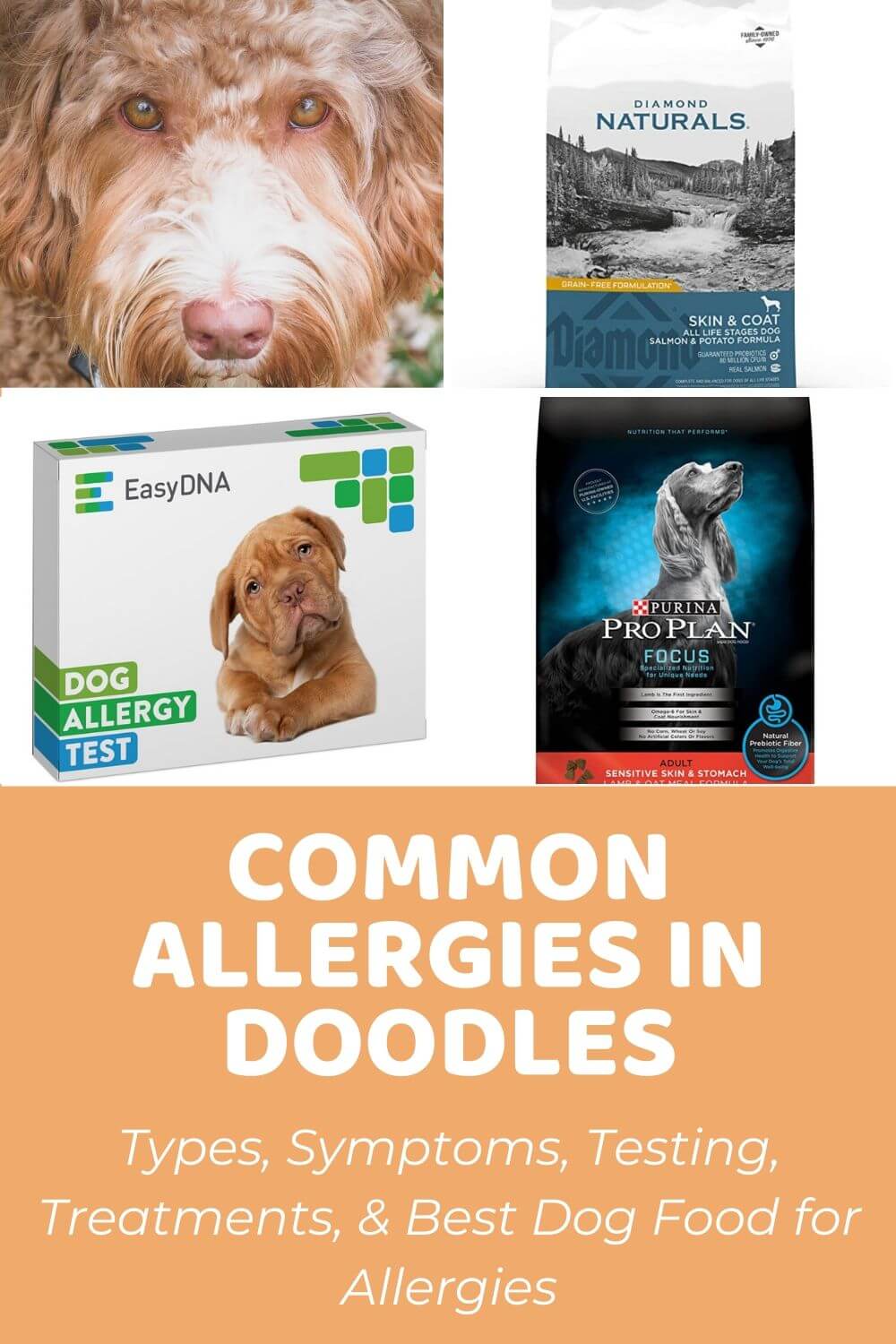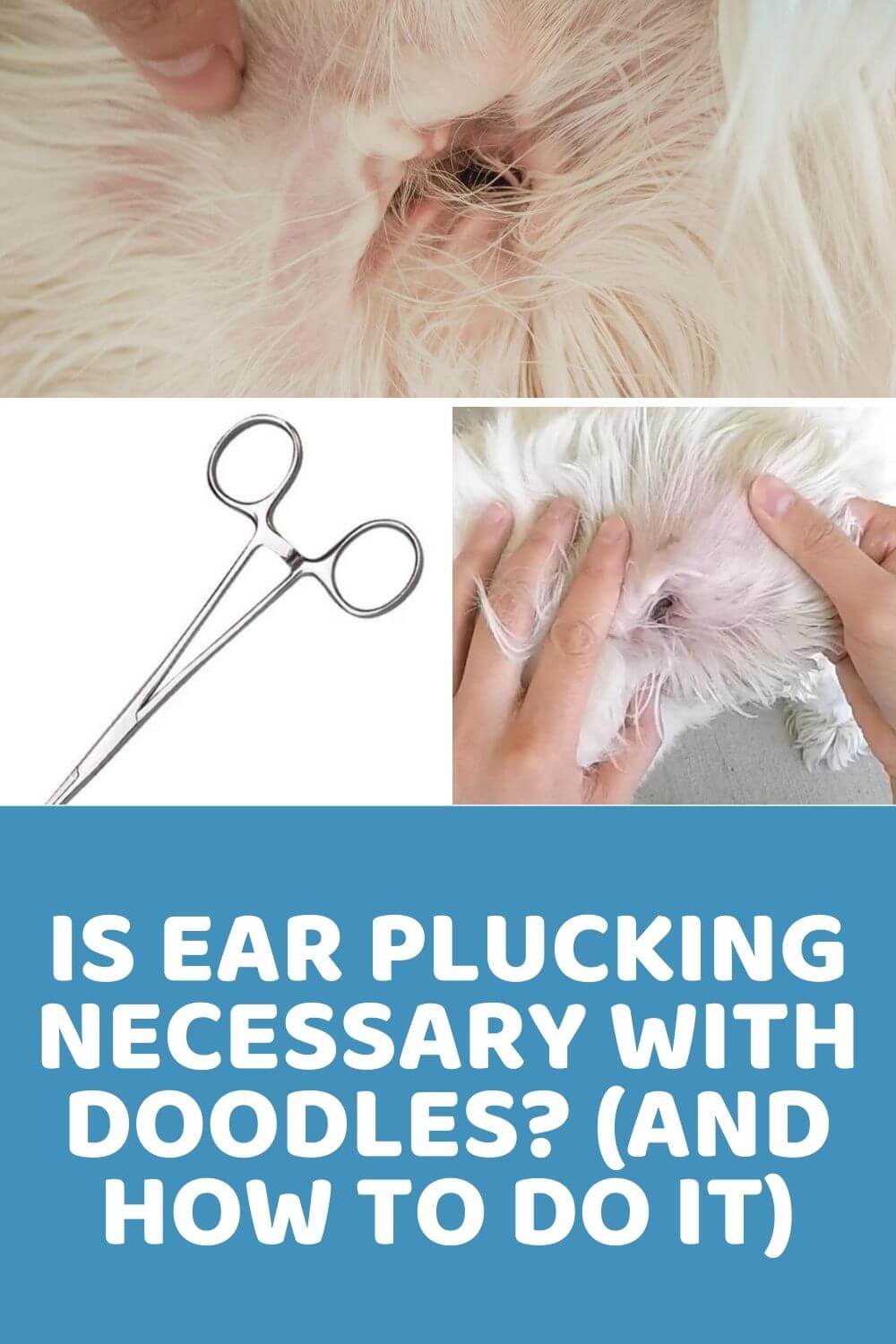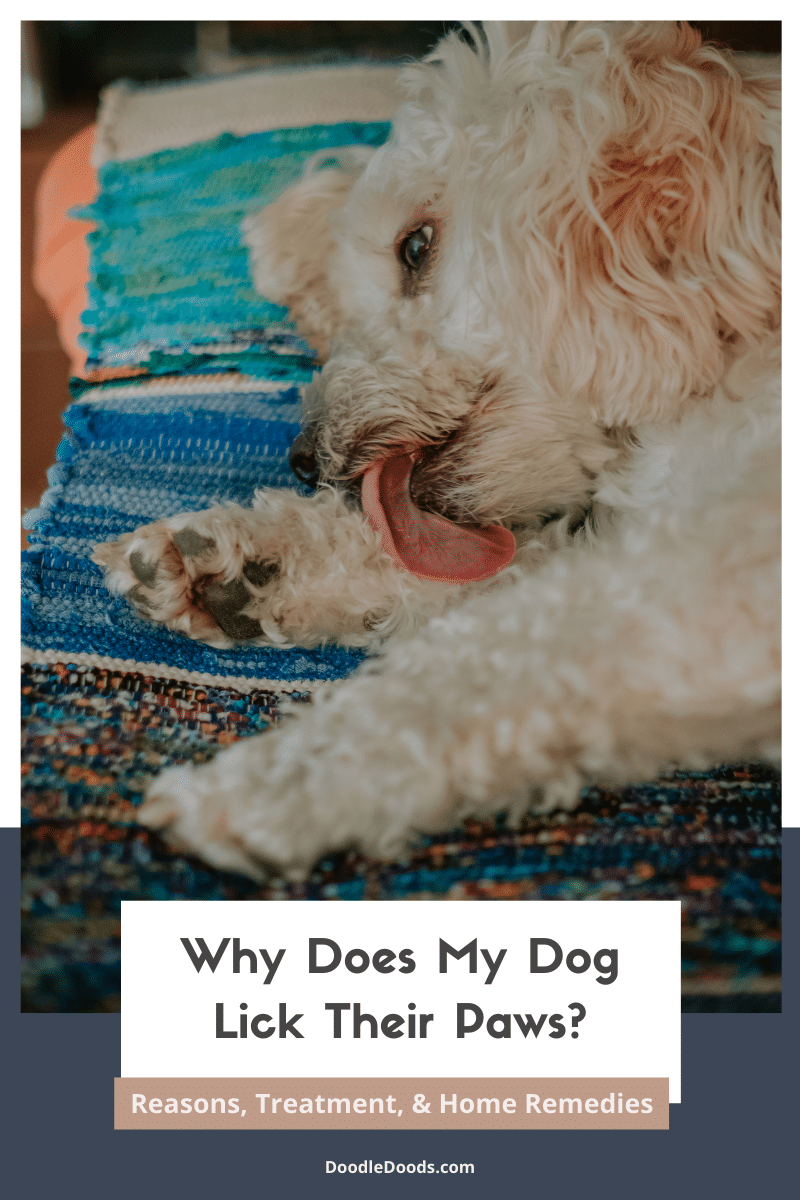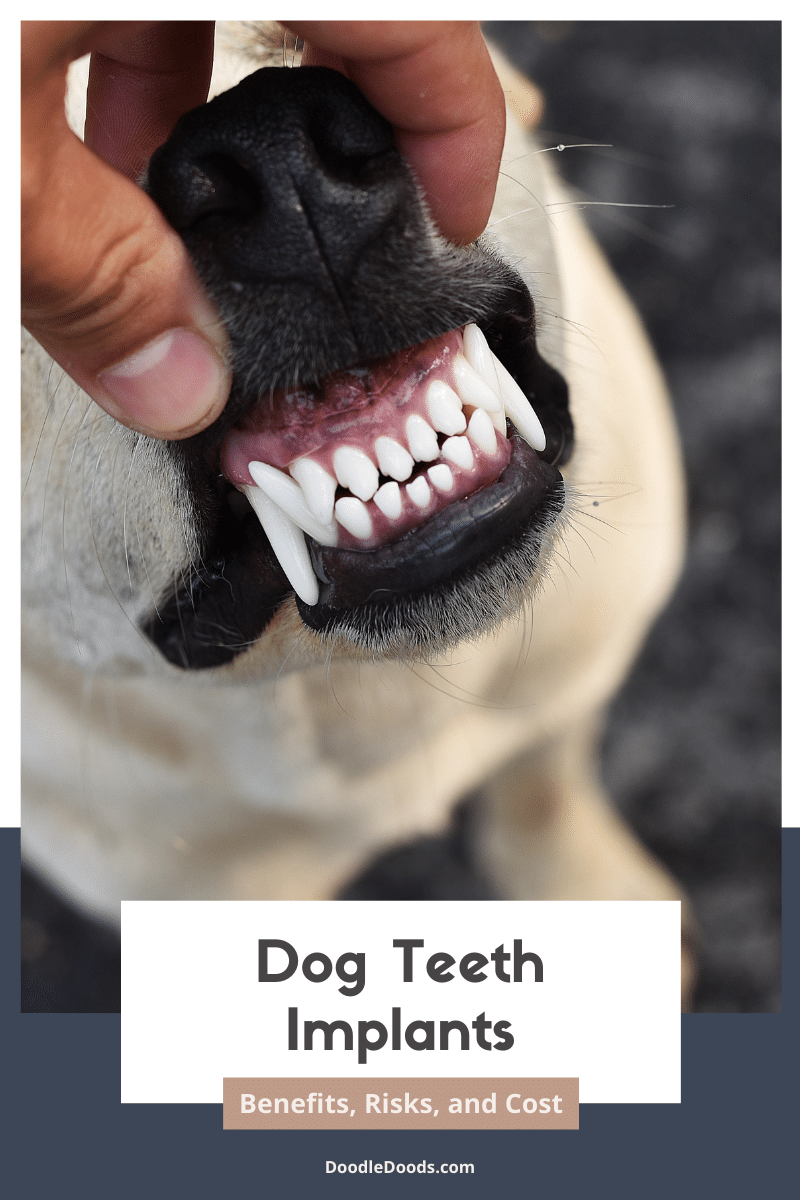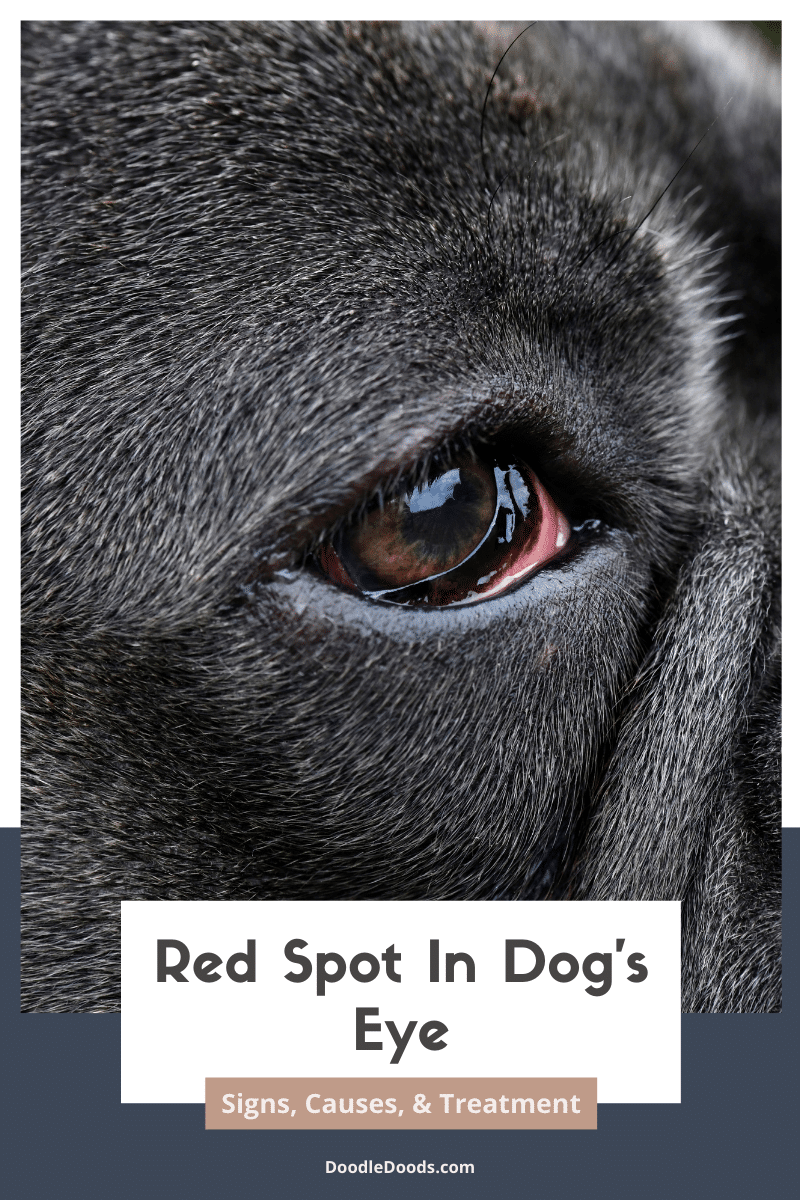Signs of illness in your pet will naturally have you feeling concerned. After all, you want them to be as healthy and happy as they can be. However, these things happen, and it’s good to be aware of what’s what. When it comes to your dog throwing up after drinking water, the cause might not be as serious as it seems…. then again, it could well be.
Here we’ve compiled some of the more likely reasons for your dogs throwing up after drinking water to ease your mind and let you know that it’s a fairly common occurrence, but to also make you aware of some of the signs of when it might be worth a visit to the vet.
Table of Contents
- Why Does My Dog Throw Up After Drinking Water?
- Frequently Asked Questions About Dogs Throwing Up After Drinking Water
- Dog Throws Up After Drinking Water: Final Thoughts
Why Does My Dog Throw Up After Drinking Water?
If your dog vomits after drinking water, it could be due to a completely harmless thing, such as your pup getting a bit too excited when getting to slurp on some of that refreshing H20. On the other hand, it could also indicate that something more worrisome is making your dog expel everything they just drank. Regardless if it’s a harmless reflex or a symptom of a more serious underlying health issue, you should always pay attention to this kind of behavior and try to prevent this from happening in the future. Most notably because this can also quickly lead to dehydration and malnutrition if your dog is constantly vomiting out the water they’ve drank or the food they’ve eaten.
Let’s take a closer look at the possible causes so that you can closely observe your dog and take appropriate action to stop this issue.
They Are Drinking Too Quickly
When your pup is gulping down water – I mean really going for it – it’s unsurprising that a little of that water may find its way back up again. Dogs often drink far quicker than they should when they have been out getting plenty of exercise. If Fido has been chasing that ball around the garden for an hour or so, especially if the weather is nice, they may drink a little faster than their body can handle. Doing this stimulates the gag reflex, which can lead to… well, you can fill in the rest… On the rare occasion, it really is no big deal. This stuff happens. If you anticipate your dog drinking too fast and vomiting because of it, you might pop their water bowl in the garden to make cleanup a bit easier.
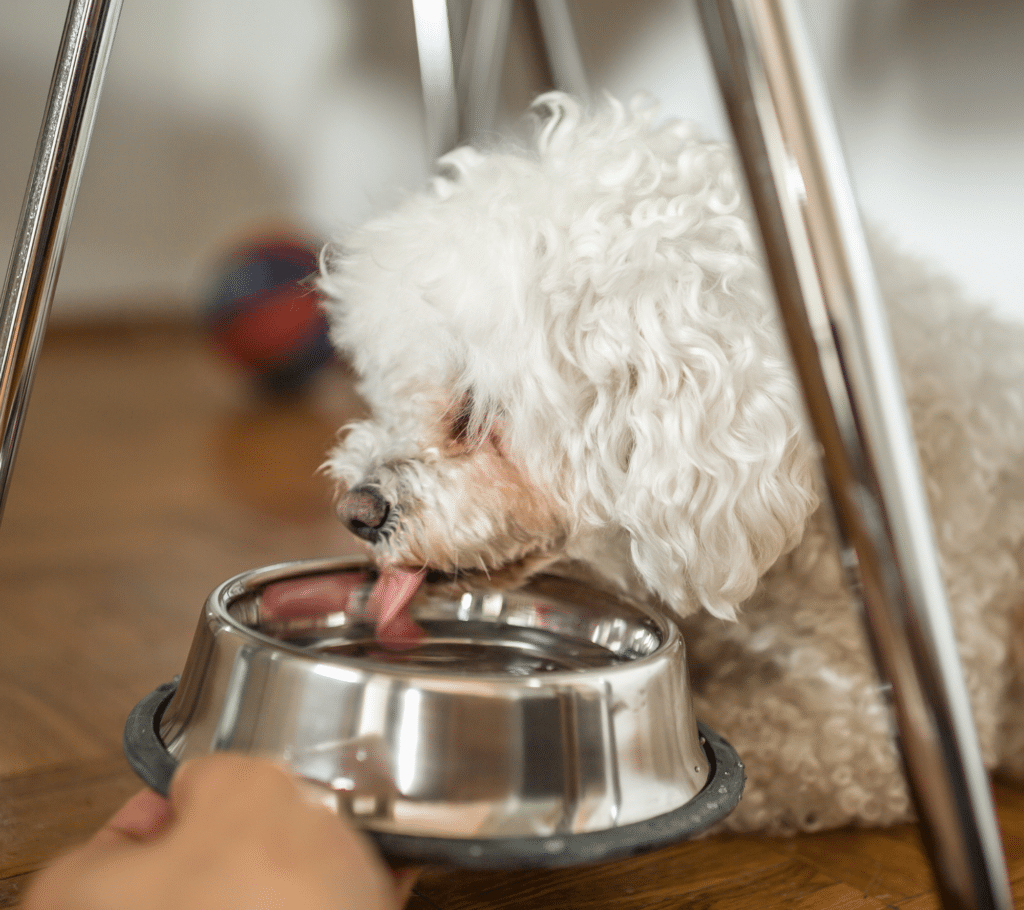
What You Can Do About It: Encourage Your Dog To Slow Down When Drinking Water
If the sick-after-drinking thing is a regular occurrence, you’ll want to come up with ways to effectively slow them down a little. You could try offering them only a small amount of water at a time or placing a larger object, such as a clean rock, in their drinking bowl – something they have to navigate around.
They Have Something Stuck In Their Throat
If your pup is the type to chomp down on anything and everything (Labradoodles, we’re looking at you!), it might be that they have something caught up in their throat that they can’t shift. In fact, this could be the reason that they’ve opted to have a drink in the first place. Hopefully, if this is the case, the rush of water dislodges the foreign body, and your pal suffers no further woes than a slight loss of dignity. That being said, it’s a good idea to keep a close eye on your pet in case that’s not the case and the blockage remains.
What You Can Do About It: Keep An Eye On How Your Dog Behaves And Assist With Getting The Obstruction Out
If you notice your hound is still trying to bring something up, it might just take a few more attempts. They’ll continue gagging, retching, and coughing. These are all good signs. We know it might not seem like it, but it shows that your dog is still managing to breathe past the obstruction. However, if it looks like they are choking – you might notice strange sounds and them pawing at their face – you’ll need to act fast. Knowing how to do Dog CPR and the Dog Heimlich means you’re prepared to deal with just this kind of situation.
They Were Already Feeling Sick
Another way that something your guy or gal might have ingested could lead to them vomiting is by giving them an upset stomach. Again it may be that your pup has been into something they shouldn’t have, or if you have recently switched food formulas, this could also be to blame. Some dogs have sensitivities to certain ingredients, or it may simply be a case of getting their tummy used to the new stuff. Just keep a watch out for signs that they are feeling better or worse and that you might have to go back to the old food.
What You Can Do About It: Look Out For Other Symptoms And Get Your Dog To The Vet
While most food or other foreign-body-ingestion-related vomiting is par for the course with dogs, be aware of other symptoms that could signal all is not as well as you’d hoped. Vomiting of this nature might require a vet visit if it’s accompanied by fever, loss of appetite, blood in vomit or in stool, lethargy and weakness, shivers or shaking, or seizures. These could very well indicate a more severe physical illness like kidney or liver issues, parvovirus, gut inflammation, or gastroenteritis that requires specific treatment.
The Water Is Contaminated
It’s also worth being aware that the fault could lie with the water itself. Bacteria such as Salmonella or Leptospira can be a real problem. These tend to lurk in stagnant water, such as in small ponds or buckets of old rainwater. So be very cautious about letting your pet drink from any of these. It’s also good to provide your dog with fresh water at least once a day. This is especially important if you tend to leave their water bowl outside for easy access. You’d be amazed at how quickly water can get infested with nasty stuff.
And it’s not just bacteria that you should be concerned about. Blue-green algae can be a problem for dogs that drink from lakes and ponds. This is often not noticeable from the surface of the water, but aim to keep your pup away from any water that is noticeably dirty or foamy. Beyond that, puddles in the city, while looking harmless enough, could contain harmful chemicals. This is especially the case in the winter and especially if there is snow. One of the most toxic chemicals for dogs is antifreeze used to defrost cars.
What You Can Do About It: Only Let Your Dog Drink Clean, Fresh Drinking Water From Clean Bowls
A very simple solution is to ensure that your dog is only drinking water from clean, safe water bowls at home. It’s also good to provide your dog with fresh water at least once a day. This is especially important if you tend to leave their water bowl outside for easy access. You’d be amazed at how quickly water can get infested with nasty stuff. You should also train your pup not to drink from puddles, ponds, or random places where they might get tempted when out and about.
They Have Laryngeal Paralysis Or Megaesophagus
Finally, at the more worrying end of the spectrum, your dog throwing up after drinking water could indicate the presence of an injury or a genetic issue that could get worse if left untreated.
Laryngeal paralysis is a health condition affecting the larynx or voice box. The primary function of the larynx is to close off the trachea (windpipe) while your dog is eating and drinking and open it wider when deeper breathing is needed. When this happens, the Laryngeal muscles maintain the stability of the larynx. Sometimes because of trauma to the neck, tumors or lesions, or due to various diseases, these become weak or damaged, and the cartilage of the voice box collapses inwards. This is laryngeal paralysis. The condition can often be controlled with anti-inflammatory drugs, antibiotics, and sedatives.
Megaesophagus, on the other hand, is an enlargement of the esophagus which interrupts the passage of food and liquid to the stomach. Alongside difficulty drinking water, you may notice that your pet struggles with swallowing produces a lot of saliva, spends time coughing, frequently regurgitates food, and noticeably loses weight. This occurs to a number of things, including defects and abnormalities in development and muscular or neurological disorders. Treatment typically involves dealing with the underlying condition first, management through diet, and supportive therapy for help with swallowing.
What You Can Do About It: Get Your Dog To The Vet Immediately
It goes without saying that these two conditions can only be diagnosed by a vet, and if you suspect you are dealing with either of them then you shouldn’t delay in getting your pup checked out.
Frequently Asked Questions About Dogs Throwing Up After Drinking Water
Your dog throwing up after drinking water can have many causes. Some of these are completely harmless and include drinking too fast or having something small particle stuck in their throat. Others are a little more serious and involve allergies and intolerances or your dog getting at something they shouldn’t. Rarely it indicates a serious underlying condition.
As a one-off, you shouldn’t panic too much if your pup throws up a little of their water. Chances are they were simply drinking too quickly, or they have a bit of a stomach bug. However, if the vomiting is more frequent or is accompanied by other symptoms such as choking, gasping for air, weakness, or lethargy, you may need to take them to the vet.
Chances are you won’t need to give your dog anything if they vomit up a little water. Just be sure to provide fresh water for them on a regular basis – daily if their water bowl is kept outside at all. However, if you notice your dog drinking too quickly and throwing up on a regular basis, it might be a good idea to pop a large rock in their bowl to slow them down.
If you suspect your pet has a bit of a dicky tummy, then it might be worth paying attention to what’s in their food. Some dogs have sensitivities to certain ingredients. However, if you suspect the problem is something they ate while out and about, you can give them small amounts of ginger tea to stop them from vomiting and help them to feel better.
Again, for an upset stomach, you’ll want to be a little careful with what you feed your little poppet. Especially if they vomit more than once. A little bit of something bland such as cooked white rice or boiled skinless chicken will happily keep them ticking over. Plain curd or yogurt can also help with replacing some of the good gut stuff they lost.
If your dog throws up after drinking water and acts like everything’s fine, then it could be down to them eating and drinking a bit too much too quickly. When happening rarely, food indiscretion isn’t exactly a huge concern. However, if this is a common theme with your dog, then it could potentially become life threatening. The easiest solution to this is to ensure that your dog slows down when eating. Feed them at scheduled mealtimes and make sure that you’re not overfeeding them. You can measure out your dog’s mealtime into smaller portions and give them to your pup at a slower pace yourself.
Dog Throws Up After Drinking Water: Final Thoughts
Seeing your dog throwing up after drinking water might be worrying, but chances are it’s nothing to worry about. Especially if it only happens the once, and they go back to being just fine. However, on occasion, it might indicate a slightly more severe problem. So, as with everything your pup does, it’s good to be aware of what’s normal and what’s not. Hopefully, this article has provided some useful insights into the various, most common reasons for your dog throwing up after drinking water and some practical tips for dealing with it.
Learn How to Stop Shavedowns For Good & Keep Matting At Bay!

Discover the PROPER Doodle coat care routine that gets your pup to cooperate…helps you nip tangles in the bud…and gets groomers to do exactly what you want.
Plus, get $520 worth of Bonus Materials for FREE, including:- Doodle Parenthood Community and Support Group ($190 value)
- Custom Doodle Coat Care Plan Lifetime Access ($75 value)
- Easy to Use Doodle Grooming Tracker ($20 value)
- And MORE!

